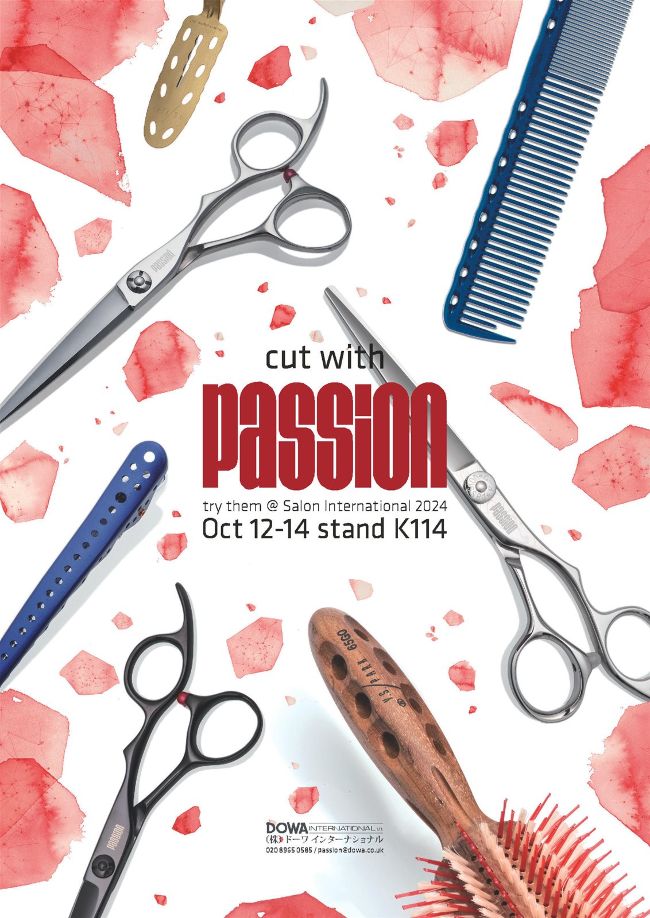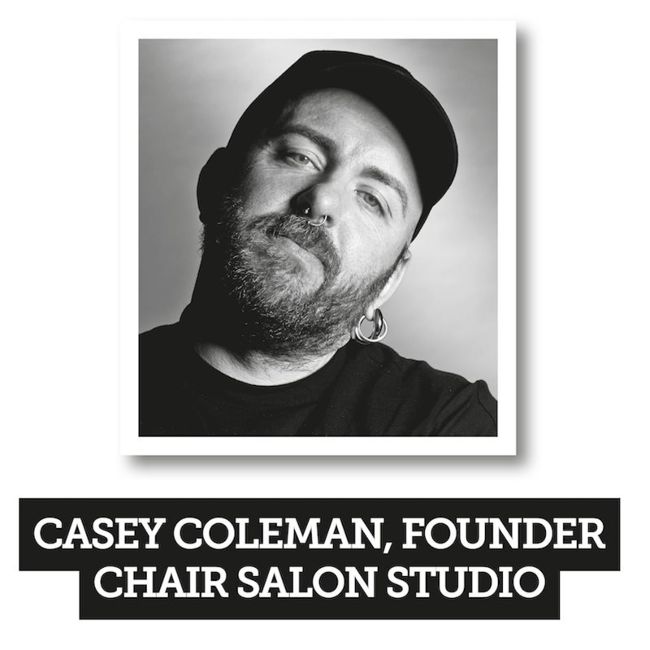DEBATE
“How do you handle client complaints on social media?„
Three stylists share how they interact with their customers online
1 “If someone leaves a bad review my first thing is to ask - is what the person saying correct? Ignore the tone, ignore the insults, is the main issue true? If you deal with the emotion and the insults, then you start arguing about something that's not actually the core issue. Maybe you did give a bad haircut, but now you're arguing with a person about the disrespectful tone they used or the things they said. I always tell staff whenever we're responding to people, to apologise for the experience that they've had.Then we ask for some evidence about the complaint. What we're doing is not actually saying that we've done anything wrong, but we're apologising for the experience they've had, and now we're going to investigate it. If what they're saying is true, then we compensate them.

We are providing a service, so the same way we want companies to deal with us when we have issues, is the same way we must deal with people. I think it's good that people have more access to provide feedback, if I'm being honest. People always talk about the worst situations where customers could go online and try to ruin your brand but at the same time these platforms allow customers to talk about their experiences. I’ve been cutting hair professionally for over 21 years and I've heard the stories of how customers have been dealt with so horribly, and they had no access. Everybody should be held responsible for their actions.”

2 “I think there can be benefits to sharing experiences, but I personally don't think there's a benefit to the live playout of a situation on social media. There’s so much emotion involved when the situation is live and happening. My approach and certainly my recommendation for anyone would be to keep that side of it just between you and the person or situation that you're dealing with. One of the things that I'm an advocate for is having difficult conversations but in a way where you're set up for success. For me that would be face-to-face or over the phone. I think it's a lot more efficient and it brings humanity and a bit more kindness into the mix. It’s easier to understand the tone of voice. I do think when you're running a platform, that you set the tone.

And I know there are some influencers out there who have built their profile on being a bit divisive, or opinionated, sharing as many negative opinions as they are positive opinions, but that can leave space for receiving that kind of messaging as well. The way that I have run my own public profile is to set the tone starting with me. If I'm seen to be criticising or speaking ill of someone then that's encouraging a negative discourse. So much of what we do in our industry is to make people feel better about themselves and my mission with my public image is to help everyone improve their relationship with their hair and therefore with themselves and with their own identity."

3 “For there to be a complaint, I usually find it’s one of three things: you’ve made a mistake, the client isn’t happy with the result or there’s been some miscommunication. To avoid a client taking to social media, I would ask them to let you know if there’s anything they don’t like or would like to change before leaving. Avoiding an online complaint is better than waiting for one. If you’ve made a mistake, I find the best way to deal with this is as soon as you see it, you acknowledge it and let the client know.The honesty displayed by doing this gives the client confidence in you. If there’s been a miscommunication, that’s all to do with the consultation. Either the client hasn’t been clear enough, or we haven’t asked enough questions. I would address the client directly, expressing you weren’t made aware of how they felt and offer to fix what they don’t like.

Secondly, be professional, but stand your ground. If you’ve done nothing wrong, and you’ve given them what they’ve asked for, offer them help if they want it changed. Finally, if they refuse to respond, then address it on your own page. Treat it as a story time and explain from your point of view. It could be very easy to snap back and get defensive. Stay professional. Stay cool. And remain calm. Make sure your consultation is faultless, the client is aware of all outcomes, and you’ve done your job to the best of your ability.That way, you’re way less likely to get a complaint online.”